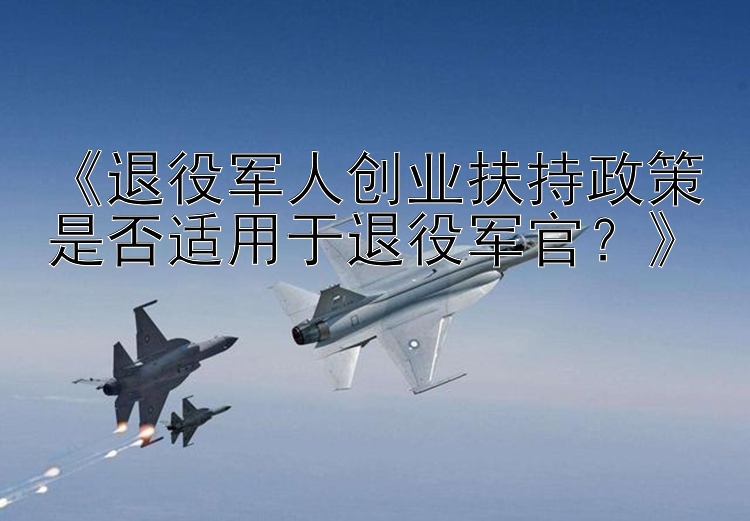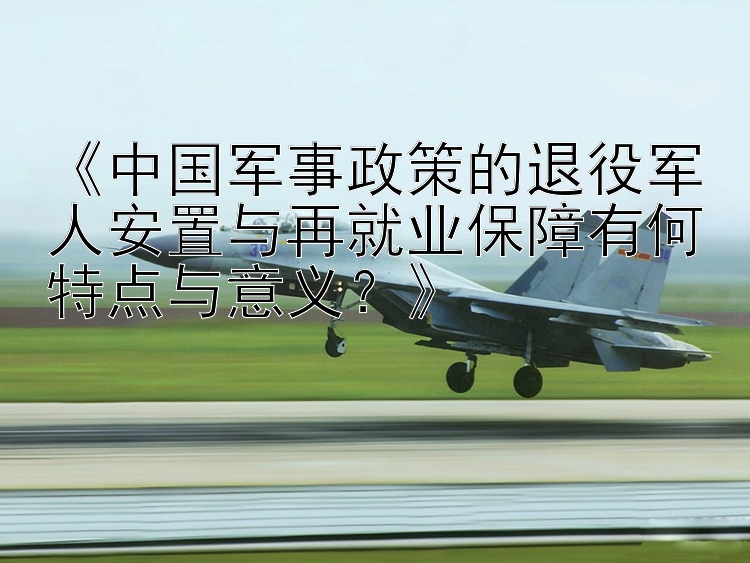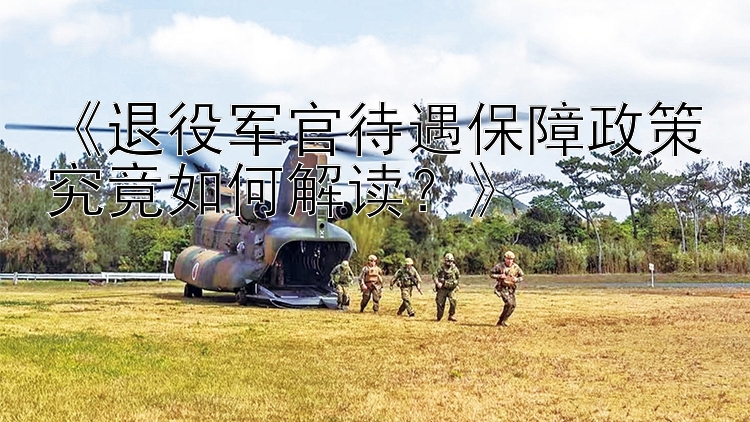在探讨这个问题之前,我们需要先了解一些背景信息。在中国,军人退役后可以选择不同的安置方式,包括政府安排工作、自主择业以及复员等。其中,自主择业的退役军人可以享受到一系列的优惠政策,旨在帮助他们顺利过渡到 civilian life and establish successful businesses. However, the question remains: Are these policies tailored for all veterans, including retired officers?
To answer this question, we need to look at several factors such as the nature of an officer's service, their skillsets, and the specific benefits they receive upon retirement. Retired officers often have extensive leadership experience, advanced education, and specialized training that can be highly valuable in entrepreneurship. However, whether or not these advantages translate into a smoother path towards business ownership is subject to debate.
On one hand, some argue that because of their rank and responsibilities within the military, retired officers may face fewer challenges when transitioning to the private sector due to their existing management capabilities and networks. They are also likely to possess strong discipline, resilience, and adaptability – qualities essential for any startup venture. Additionally, certain government programs might provide preferential treatment or additional support to retired officers based on their contributions during their active-duty years.
On the other hand, there are those who believe that regardless of rank, every veteran faces unique difficulties when starting a new career outside of the military environment. The cultural differences between the two worlds can be significant; therefore, even experienced officers require time to adjust and learn new skills relevant to business operations. Furthermore, while their leadership abilities could prove beneficial, entrepreneurial success often hinges on financial acumen, market knowledge, and industry-specific expertise that many former officers lack without proper training or mentorship.
In conclusion, it seems clear that while retired officers do bring considerable assets to the table when considering entrepreneurship after leaving the military, they are by no means guaranteed success nor should they automatically qualify for special consideration under veteran-focused initiatives designed around self-employment opportunities. Instead, policymakers must recognize each individual's circumstances—including those with high ranks—and tailor assistance accordingly so that everyone has access to resources necessary for achieving post-service goals regardless of where they served or what position held previously within the armed forces structure.




